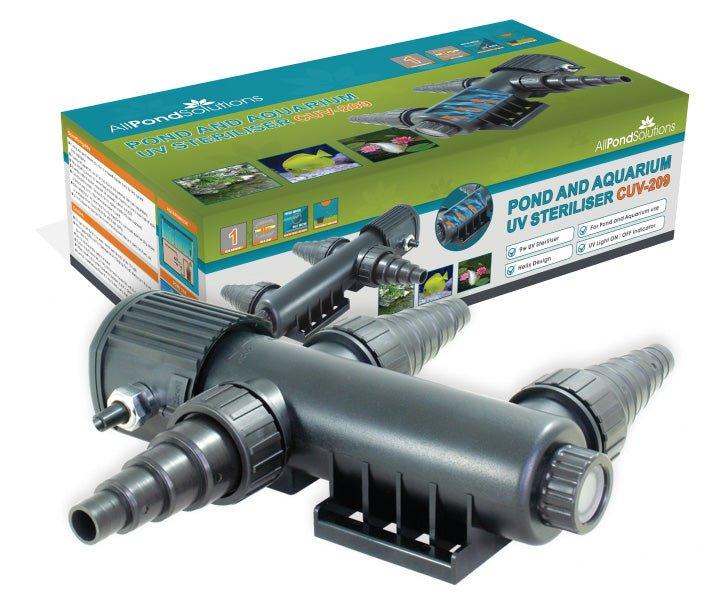What Happens to Fish in Ponds Over Winter?
If you’ve had your pond over the summer, then you’ll know that your koi and other pond fish have been very active. They stay near the surface, showing you their beautiful gold colour every time it’s feeding time or you’ve come to say hello.
When the temperature starts to drop, your fishes’ behaviour changes. Their activity slows down, and they don’t come to the surface. So, what are they up to at the bottom of the pond?
Cold Blooded Creatures
Fish are poikilothermic (cold-blooded) and this means that their body temperature is regulated by their surroundings. So when it gets cold, so do they. Their bodily functions change accordingly, with their metabolism and activity being greatly reduced.
This is known as Torpor. It is similar to hibernation but shorter. Your fish will have a reduced temperature, slowed metabolism, slow reaction times, reduced breathing rate and primary body functions. This means the fish can save energy to help keep warm.
So, when the temperature drops to a certain point, the water in a pond becomes cold at the top and warm at the bottom. This is because warm water sinks at 4 degrees because at that temperature, it is denser than cold water. Your fish will head to the bottom of the pond for the most part so they can keep a little bit warmer.
Because they don’t want to be in perpetual motion, using up their precious energy, your pond fish will find a spot to settle down in where there is no current and the water is relatively warm. If you spot your fish huddled up next to each other, it doesn’t mean that they’re cosying up for warmth, it means that where they are is the warmest spot.

Looking After Your Fish in Winter
When the temperature drops below 3 degrees, you should stop feeding your fish.
If your pond freezes over, then you need to create an opening to allow potentially poisonous gas out of the pond. Because of the state of torpor that your fish will be in, you need to keep the pond as calm as possible. This means that you should use pond de-icer, a hand drill or boiling water to break the ice in a quiet way so as to not disturb the fish. This will allow gases like ammonia to escape from the pond.
If you have young fish, some may not be strong enough or developed enough to survive the winter, especially if the winter is cold and icy.
As spring arrives and the weather thaws, the gradual rise in temperature will stir your fish back into action.
